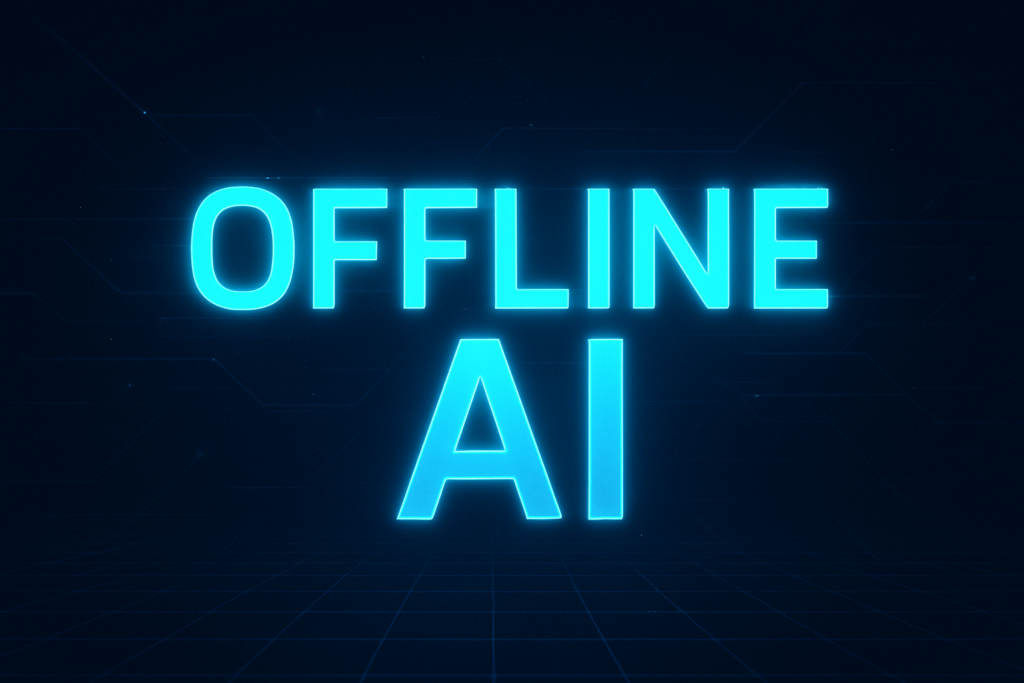Artificial Intelligence is often described as only being as good as the data it consumes. Yet, when the data fed into AI is incomplete, biased, or chaotic, the system begins to resemble a mind experiencing psychosis, perceiving patterns that aren’t there, amplifying distortions, and producing outcomes detached from reality.
Artificial Intelligence is often celebrated for its precision, scale, and problem-solving ability. But what happens when the data feeding it is incomplete, biased, or chaotic? The result is a distortion of intelligence so severe it resembles psychosis, hallucinations, false associations, and responses disconnected from reality. This is what we can call “Psychosis AI.”
The Roots of Psychosis AI
- Low-quality data creates hallucinations or fabricated outputs.
- Biased training inputs entrench discrimination in hiring, lending, policing, and healthcare.
- Unstructured or conflicting information overwhelms the model, producing contradictory results.
Like a human mind in psychosis, the AI begins to lose its tether to truth, amplifying noise instead of providing clarity.
The Legal and Regulatory Concerns
When AI suffers from this data-induced psychosis, the consequences are not merely academic, they are legal.
- Liability and Accountability
- Who bears responsibility when AI produces harmful outputs: the developer, the deploying company, or the data provider?
- Courts and regulators are grappling with assigning liability in cases of wrongful decisions driven by flawed AI.
- Data Governance
- Poor data is the root cause. Regulations emphasize the need for transparency, fairness, and quality in training datasets.
- Without strict governance, “garbage in, garbage out” becomes “garbage in, harm out.”
- Consumer Protection
- If Psychosis AI influences credit scoring, medical advice, or predictive policing, individuals can suffer unjust consequences.
- Laws on unfair trade practices and consumer rights can be invoked, holding AI operators liable.
- Duty of Care
- Companies deploying AI might soon be held to a duty of care, ensuring that their systems do not hallucinate or distort reality due to poor data.
Preventing Psychosis AI
The cure is proactive:
- Rigorous dataset audits to identify bias and noise.
- Explainability mechanisms to detect when AI “hallucinates.”
- Legal compliance frameworks that treat AI like a regulated professional tool, not a black box experiment.
Conclusion
Psychosis in AI is not science fiction, it is the very real risk of deploying systems trained on flawed foundations. For technology to remain trustworthy, law and ethics must act as its guardrails. Data quality, accountability, and regulatory oversight are not optional; they are the only safeguards against AI that loses touch with reality.
For further information on the above as well as its application in Law please contact Mr. Nitin Walia at business@tuskh.com
The content of this article is intended to provide a general guide to the subject matter. Specialist advice should be sought about your specific circumstances
Keywords: Psychosis AI, AI hallucinations, bad data in AI, distorted AI intelligence, garbage in garbage out AI, AI bias and fairness, biased training data AI, AI data governance, ethical AI systems, AI accountability and liability, AI regulatory compliance, AI legal risks, AI consumer protection, duty of care in AI, responsible AI practices, legal implications of flawed AI outputs, preventing bias and noise in AI systems, data protection laws and AI regulation in India, unreliable AI decisions



